|
Many beginners may be confused about what to feed their chickens. However, your feathered friends need foods with nutritional value. It is vital to learn everything about feeding your chickens when you decide to start raising a flock.
For starters, your chickens need higher protein content to boost growth. However, breeders and layers don't need as much protein to help slow down their growth curve; doing this gives them the chance for robust internal maturation. Your laying hens will need lots of calcium to ensure stronger shells. All of this information can be somewhat confusing, especially when you are a newbie. Luckily, here are some great tips about feeding your chickens. Scrap Food vs. Store-Bought Food Most of us prefer feeding our backyard chickens with food scraps from the kitchen. Although it helps get rid of leftovers, is it ideal for your chickens? If you are raising chicken as a hobby and not for commercial purposes, you can feed your chicken with food scraps. However, expect an increased rate of mortality and sickness if chickens don't get adequate amounts of nutrients. Store-bought chicken food, also known as commercial chicken feeds, has become quite popular over the past decades. High-quality chicken feeds can boost your egg production from less than 100 to about 300 per year. It is a feeding regime that provides all the nutritional requirements for your chickens. You can, therefore, maintain the health of your chickens. What to Feed Your Chicken as a Treat Your chickens need healthy treats incorporated into their current diet, and learning the different types of treats for your chicken will help ensure you raise a healthy flock. However, always ensure they get 90% feed, and only 10% treats every day. The best treats for your chickens should be natural, wholesome, and healthy like PopWorms! treats. Mealworms and scratch gains may also act like candy for your birds, but they can quickly spoil their diet. Ensure you stick to healthy treats with a mix of minerals, vitamins, and amino acids in every bite. How and When to Feed Your Chicken Your chickens need the right amount of carbohydrates, fats, protein, vitamins, minerals, and fiber. Commercial feed brands have formulated feeds that provide optimal nutrient amounts for each age and type of chicken. But, using the wrong chicken feeding formula can lead to retarded growth, weak bones, reduced egg production, or kidney damage. Chicks need to be fed constantly from day 1 to ensure healthy growth. Ensure you refill whatever they eat continually. Adult chickens, on the other hand, need about 80 to 120 grams of food per day. It will also help if you can scatter some food, so the chickens can forage away. Always ensure you give your chickens the right type of feed. Is Free-Ranging Enough? Although free-ranging allows your chickens to access natural nutrients and vitamins, it is not enough to sustain them. You need to incorporate commercial feeds and treats in their diet as well. Doing this will help reduce the sickness and mortality rate within your flock. The Bottom Line Feeding your chicken isn't an exact science, and you shouldn't stress about it. Start by ensuring your chickens get well-balanced rations. Mix commercial feeds and food scraps to ensure you raise a healthy flock with average egg production. Also, don't forget to include a few treats to keep your chickens happy. At PopWorms!, we provide natural, wholesome, and healthy treats for your feathered friends. BE SURE TO VISIT Popworms! now to take advantage of our online sale WHILE SUPPLIES LAST!!
0 Comments
The holidays are rapidly approaching! Now is a perfect time to plan gift-giving for the chicken lover in your life. Here's a guide to get started!
1. Add a personal touch to every egg with this personalized egg stamp. Starting around $30 on Etsy, you choose the design. Made from premium wood and laser-engraved rubber, it's the perfect gift! 2. Give the gift of knowledge with this fun book that delves into the unique behaviors of chickens. How to Speak Chicken goes beyond the basics and provides a fascinating look into chicken language, habits, and more. They will love this gift, which is just $15 on Chewy.com. 3. Give the gift of chicken poop! This fun lip balm is not really chicken poop, but they will love the name. Made of all-natural ingredients, this lip moisturizer is a lighthearted gift for less than $3. 4. Make gathering eggs easy and fashionable with this chicken egg apron. There are 8 oversized pockets that each can hold 2 eggs and a phone. The apron and the pockets are made with double layers of premium cotton & is very well constructed to hold up to lots of use and washing. This is a perfect gift for around $25 on Etsy. 5. The chicken person in your life will enjoy this puzzle that depicts 49 hens. Choose the difficulty level, from 30 to just over 1000 pieces. Starting at around $20 on Zazzle, this puzzle is sure to please! 6. Every coop needs a peck toy that dispenses a favorite treat, and it's a perfect gift for the chicken person on your list. The Omlet Peck Toyis less than $15 and provides excellent enrichment for the chickens. 7. A must-have for every chicken devotee is crazy funny chicken leg socks, available on Amazon. For less than $10, these socks will not disappoint! 8. Chicken fans will love a chicken mug and CafePress has a huge selection of mugs for $10 or less. There is a mug for every chicken aficionado. 9. Don't forget the flock! Check out our selection of delicious and nutritious treats at PopWorms! Happy shopping! In one sense, chickens are easy to care for. They don't require much daily maintenance. However, chickens prove prey to a surprising array of predators. If you're going to keep your chickens safe, you'll want to know the main predators in your area and do what you can to prevent them from harming your flock.
5 Chicken Predators and How to Prevent Them Though it's unlikely you'll face all these predators at the same time, chances are high you'll deal with at least one at some point. 1. Dogs Whether local domesticated dogs or wild dogs, these predators are most active at night. Though they are unlikely to eat a chicken whole, they will kill it and ravage its body, leaving the carcass nearby. In order to keep your chickens safe from dogs, be sure to close and secure your coop every night. Keep it well-mended and well-maintained. 2. Snakes Snakes like to sneak and slither into chicken coops, killing chicks and swallowing eggs. Keeping snakes out of your coop is more challenging. Be sure to check your coop for holes and cracks in the walls and around doors, filling them with caulking or foam. Watch to be sure no small animals have burrowed or tunneled into the ground around the coop as well, leaving easy access for snakes. 3. Birds of Prey Birds of prey are a special threat to free-range chickens. They will swoop down and snag one bird at a time, slowly diminishing your flock one by one. The best way to deal with birds of prey is to invest in bird netting. 4. Raccoons Raccoons are amazingly crafty and have dexterous hands. They are a threat to coops everywhere. Installing motion-activated lights can often be a deterrent since they are active at night. If you're having an ongoing raccoon problem, be sure to invest in heavy mesh wire instead of regular chicken wire, which they can rip with their claws. 5. Foxes Foxes love chicken and are extremely smart. Fencing and mesh can both help guard against foxes, as can keeping your coop in excellent repair. Try PopWorms! Here at PopWorms!, we're proud to support you as you care for your feathered friends. To learn more about our premium products, please feel free to contact us at any time. As lovers of chickens, we want to give the most nutritious, most delicious food to our feathered friends. But, you may be curious as to what organic foods your flock will love and that you can grow yourself!
Weed Garden The good news is lots of fresh edible greens that your chickens love are likely already growing in abundance in your backyard. Weeds such as plantain, clover, chickweed, purslane, and dandelion will delight your chickens and your wallet. Weeds are nutrient-dense and provide many health benefits. Why not plant a weed garden especially for your chickens to feast on? Include such nutritious selections as wood sorrel, nettles, and bee balm. Grow Fresh Herbs A household herb garden (whether indoor or outdoor) will not only enhance your culinary adventures but will also supply many benefits to your flock. Adding fresh herbs, such as dill, cilantro, basil, and parsley, to a bowlful of backyard weeds makes for a healthy wholesome chicken salad (Steele, Lisa. "Make a Weed Salad with Apple Cider Vinegar for Your Chickens." Backyard Poultry, April/May 2017, pp. 76-78). Herbs can also be dried and added to feed for a nutritional boost. Other garden delights your chickens will love include pumpkins, sunflowers, and berries. Sunflower Seeds Sunflower seeds are also a natural way to add nutrition and cut your feed costs. Black oil sunflower seeds are the most common variety fed to chickens, but any variety of sunflower will produce heads of healthy seeds. The larger the sunflower head, the more seeds you will get. The Russian Mammoth sunflower is one of the largest out there and is also easy to grow. Each flower grows 8 to 14 inches in diameter and produces a bumper crop of plump seeds, often over 1000 seeds per head (Why Grow The Russian Mammoth Sunflower The Homesteading Hippy). They grow in just about any growing zone and your soil does not need to be exceptional for them to thrive. The flowers are attractive to pollinators and, drum-roll please, are deer resistant. A visually stunning, low-maintenance plant with minimal watering needs that will supply your flock with delicious, wholesome food from your backyard. I hope these tips are helpful! And don’t forget that PopWorms! gives your chickens a variety of all-natural, wholesome treats! Backyard chicken farming is fun, somewhat therapeutic, and beneficial in multiple ways. However, it also requires time and commitment, and it's easy to get derailed. The good news is that you can revive your backyard chicken farm and learn how to run it more efficiently. Here is a brief guide on getting your backyard chicken farming back on track.
Choosing the right breed Different chicken breeds have varying characteristics. It is ideal to have a breed that lays many eggs and is calm. The Golden Comet breed is the most recommendable – the chickens are calm enough to raise in your backyard, and they lay more eggs than most other breeds (up to 300 eggs per year per chicken). Sheltering your chickens You will need a coop to shelter your chickens. The coop should be secure and impenetrable to predators such as stray cats and raccoons. The coop should also be warm, properly aerated, and spacious – each chicken should have about two to four square feet. You will also need a brooder if you are raising the chickens as young chicks – chicks need a lot of heat, and it is recommended to maintain temperatures of about 90 degrees Fahrenheit. It is important to inspect your current coop and brooder and restructure them to meet these standards before bringing the chickens in. Feeding & health Your chickens need a stable supply of healthy food to grow strong and lay big, nutritious eggs. Chicken feed varies in nutrient content – overall, it is advisable to invest in quality chicken feed and use mineral-rich additives (calcium is especially important). Your chickens' health is also vital – it primarily depends on cleanliness (compound and coop/brooder maintenance), insect control, and vaccination. Egg harvesting, storage & marketing The main benefit of backyard chicken farming is the steady supply of eggs. It is important to install nest boxes in the coop to give the chickens a safe place to lay their eggs. Freshly laid eggs can last for about a month when stored at room temperature, while cleaned and refrigerated eggs can last up to six months. You can also consider selling some of the extra eggs, but you must comply with local laws. This knowledge will help you get your backyard chicken farm back on track. Remember to keep your chickens well-fed and healthy, and feeding them PopWorms!® will take care of both needs! Raising your own flock of chickens can be a fun and rewarding experience. Having a clean coop that is free from flies helps the overall health of your backyard chicken experience. Here are five ways to keep your chicken coop free from flies.
Install Fans Air movement will help chickens stay cool in the summer and help to help keep the flies away. Having a dry coop also helps because flies are drawn to moist, wet areas caused by water or chicken droppings. Flies and other insects will have a more difficult time navigating through the breeze, therefore reducing the level of pests in the coop. Plants and Herbs Many different plants and herbs are naturally good at keeping pests away. By planting them in or around the coop, you not only help to get rid of pests but also beautify the area. Some great options for planting are below.
Insect Warfare This may sound strange, but some bugs are worth having around if they do a good job keeping nuisances away. Black soldier flies are a non-invasive species that can be purchased online (check out our product line of PopWorms! LIVE here!) or sometimes at your local feed store. They will deter the pest flies without causing any harm to you or your chickens. Fly Traps Flypaper and fly bags are other methods to help reduce the number of flies. With flypaper, you simply hang the sticky paper up in and around the coop. Flies will be attracted to it and become stuck there. Fly bags come with a powder that you mix with water. The contents have a strong odor of decay that flies can't resist. Once they enter the bag, that's the end for them. Natural Sprays Because chickens are sensitive animals, you don't want to use just anything around them. Using a homemade fly solution is a great way to make certain your pets are safe from harsh chemicals. To keep the flies away naturally, try mixing two cups of vinegar, two cups of water, and at least 20 drops of essential oil like basil, peppermint, or thyme. Spray liberally around the coop to deter flies. Use these tips to help keep your chickens healthy, happy, and pest free is a priority! And-don't forget to treat your backyard babies with PopWorms! Welcome to the wonderful world of backyard chickens! Having a reliable source of eggs and becoming more independent is now within your reach, plus you get the added bonus of watching your new chickens develop their personalities. Now that you have your chickens you'll want to keep them clean and happy. So here's the skinny on the exact reasons why and how to wash a chicken properly.
How chickens normally keep clean and when to intervene Chickens are very independent, just like you're aiming to be. For the most part, they keep themselves clean with regular dust bathing. So when do you need to intervene in their normal routine and give them a good old fashion rinse off? They won't be able to remove caked-on feces themselves, so giving them a hand is the best way to keep them spick and span. You may also come across some less common problems such as: treating pests, cleaning to assess injuries, or the dreaded skunk spray. The steps to get a clean chicken Bathing a chicken is much like bathing any other animal, the supplies and process are very similar. Whether you are bathing them in a bathtub, sink, or a bucket, you are going to need to keep yourself safe. Make sure to hold your bird very securely with one hand on their wings at all times. Lower them in gently, this is a new experience for them after all. Begin using lukewarm water and soak your chicken's problem areas applying a small amount of shampoo, lather up, and watch the suds work their magic! If your chicken has a foot infection or caked-on debris a nail brush will be super helpful to have on hand. After you remove any dirt or feces be sure to rinse well and gently squeeze any excess water from their feathers. On hotter days you can now release your bird to air dry, you don't want a wet chicken so if it is a little chillier wrap them in a towel and use a hairdryer on the low heat setting. Even better if it has a cool setting. Lastly, make sure to never leave your little chicken unattended in water, chickens can drown very easily. Q&A At what age should I bathe my chickens? When they are younger than 6 months a full bath is not necessary and if they have any caked-on feces or dirt, wiping them down with a wet towel will do the trick. What type of shampoo should I use? Baby shampoos or any other gentle use shampoo with no irritants, such as Johnsons baby shampoo, or dawn dish soap. And when your chicken is all clean, remember to treat them with PopWorms! Easter is a great time to connect with family and enjoy some fun. The candy and sugar-filled treats can tempt even the most health-conscious parents and children. With a bit of creativity, Easter eggs can be a fun way to get fitness and nutrition. Some people love to dye them and create beautiful Easter egg art. Others love to hide and hunt for them, some folks like to eat them. Here are some activities you can do with your family and friends that will make this Easter one to remember.
Egg Salad Make egg salad as usual, but instead of using raw eggs, use hard-boiled ones. You can use different ingredients depending on your taste and preference. Mash your Easter eggs into a fine mixture, then add your ingredients. It will be just as delicious. Deviled Eggs Deviled eggs are a great way to use leftover hard-boiled Easter Eggs. You can make them with mayonnaise, bacon, tortilla chips, or vegetables. It all depends on your taste buds. Cheese dip Hard-boiled eggs are great for dipping into cheese sauce. Cut them in half, longways. Use your favorite cheese sauce recipe, or even a box of macaroni and cheese will do. Carton Chicks Make egg carton chicks by painting a standard egg carton yellow. Cut them into individual cups, and glue them on the eyes made from whatever materials you have on hand. You can also add a beak using orange construction paper or felt. Easter Egg Tree You simply need a pot and some branches or twigs. Put them in the pot and cover them with Styrofoam, so they don't move around too much. Then, paint your eggs and let them dry. Hot glue them to the tree. Whether you have kids or are looking for a way to celebrate the holiday, this collection of Easter egg activities is sure to take you beyond the basics. Happy Easter from your friends at PopWorms! The Leghorn chicken may be one of America's most popular breeds, but this hardworking chicken has its roots deep in the Mediterranean near the Italian port city of Livorno. Leghorns arrived in America in 1870. You may recognize them from the Warner Bros. classic, Looney Toons, where the loudmouthed Foghorn Leghorn is often up to no good. Learn what makes this bird special and if a Leghorn is the backyard companion for you.
Appearance and TemperamentThe Leghorn comes in over 16 color varieties with white being the most common. Other common colorings include combinations of black, brown, white, silver, and rose combs. They are an active and resourceful bird that often finds food independently by foraging. They have a nervous nature and like room to roam and enjoy flying high. Because of their active, noisy nature, Leghorns may not do as well confined in small, urban spaces with nearby neighbors. Overall Health and Care Overall, Leghorns are a healthy breed with very few health issues. To maintain your Leghorn's robust combs, you may need to apply Vaseline on their combs to prevent frostbite and wattles. Always provide food and water for your Leghorn (you may need to keep a heater near their water during the winter months to prevent freezing). Provide your Leghorn a coop with at least 3 square feet per chicken and a soft bedding of cedar shavings, hay, or shredded newspaper. Egg ProductionLeghorns produce, on average, 200 to 300 eggs per year! This makes the Leghorn an exceptional breed if you are looking to sell your eggs. As a side note, these chickens produce white eggs as opposed to brown eggs. Because of the Leghorn's productivity, their lifespan is shorter than many other birds. The average lifespan of this breed is, on average, 4-6 years. If you have plenty of space and want a breed that can produce large amounts of eggs, the Leghorn may be for you. While they may not be as cuddly and friendly as other breeds, they work hard with little maintenance. Popworms! has everything you need to raise healthy, happy chickens. Check us out today and see all we have to offer! The winter season can be a very difficult season for chicken owners. You may be asking yourself whether your precious chicken will survive the winter cold. Don't worry any longer; the following tips are helpful for you and your chickens' survival.
1. To Warm Your Chicken, Use the Deep Litter Method.The deep litter technique allows the chickens' bedding material and poop to accumulate in the coop over other hot seasons. This method ensures that you have a foot of composting manure on the surface of the chicken coop, giving off heat and warming the coop naturally. 2. Feed Your Chicken With Corn and Fresh Water Every Evening To Keep Them Warm at NightCorn is chicken's favorite meal. Keep the bellies of your chicken with bowls of cracked corn every evening. By doing so, you keep them busy overnight with something to digest, keeping them warmer. 3. Roosts Are Essential In The Winter Season.Roosts allow your chickens to fluff themselves; it keeps them warm. Make sure that you raise the roosts at least 2 to 3 feet above the earth's surface to keep your chicken off the icy and cold ground. 4. Select The Right Breeds For WinterThe most favorable decision you can take to ensure your chickens are safe through the winter is to get the right cold hardy chicken breeds. Such breeds are adapted to cold seasons; they have very reduced wattles and combs, making them non-susceptible to frostbite. Some of these breeds include:
I hope that the above tips have cleared your worries and answered your troubling questions on how to keep your chickens warm during the winter. |
PopWorms!®
|
|
Site Map
|
Products
Dry Products
PopWorms!® ECO Popworms!® ECO Bulk PopWorms!® PRO Live Products PopWorms!® LIVE PopWorms!® Leftovers |
Shipping
Site-wide
Free Shipping Over $25 |
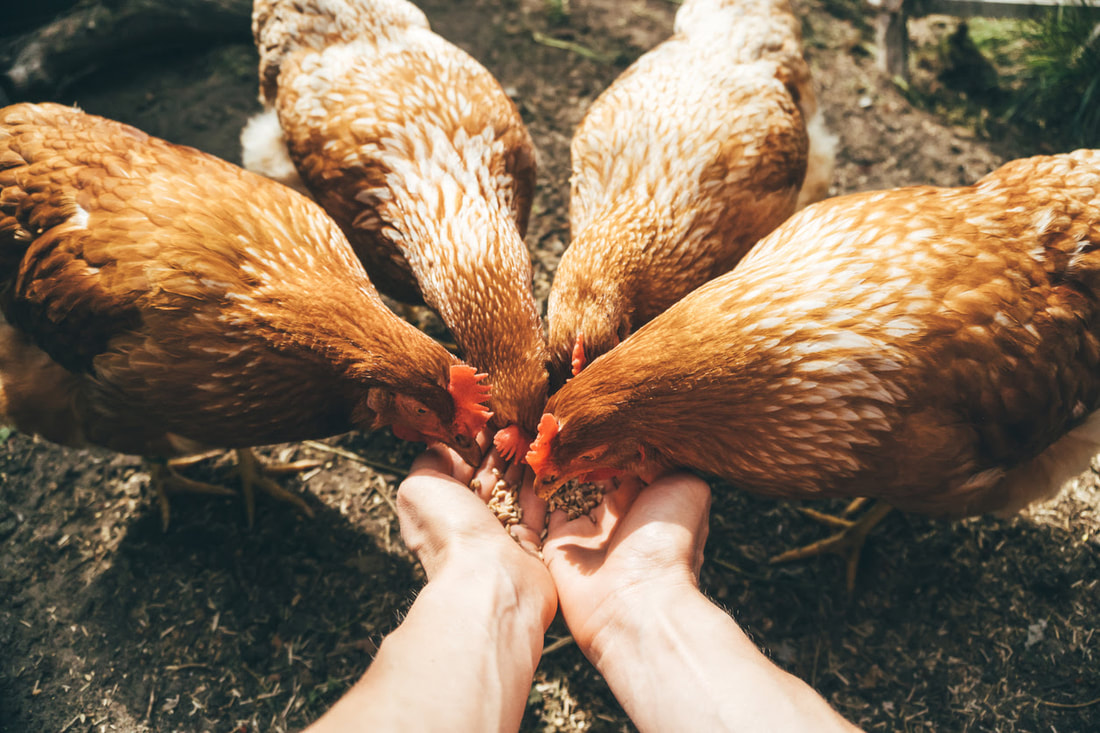


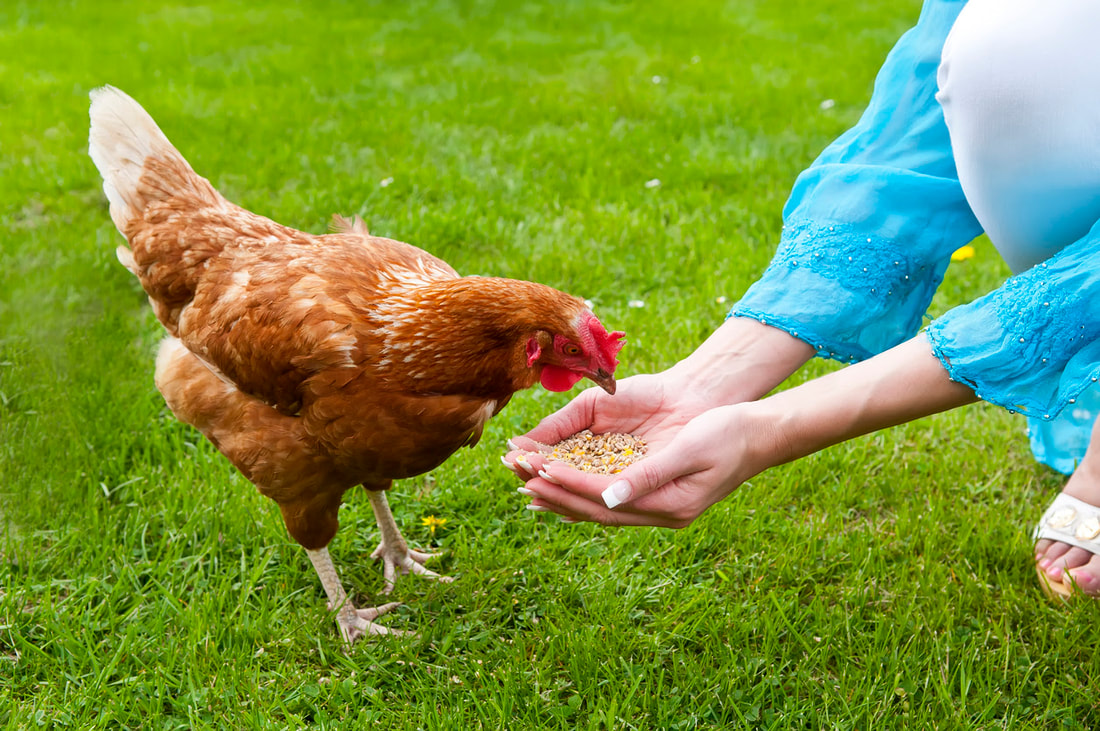

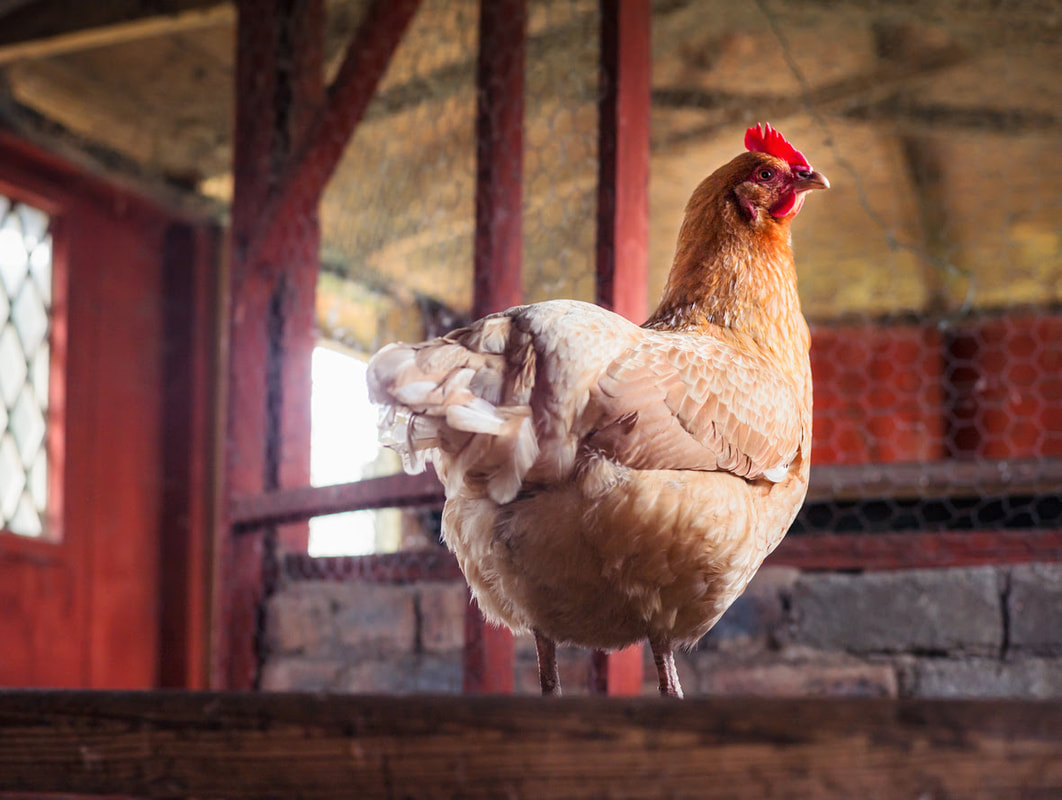
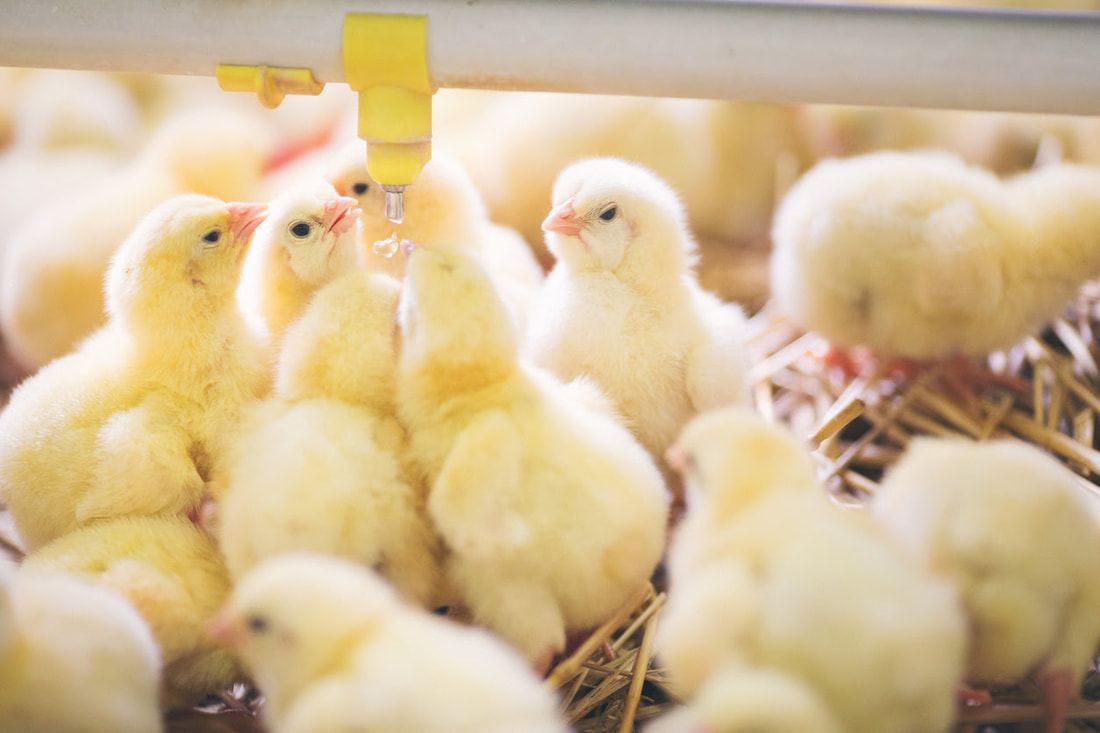


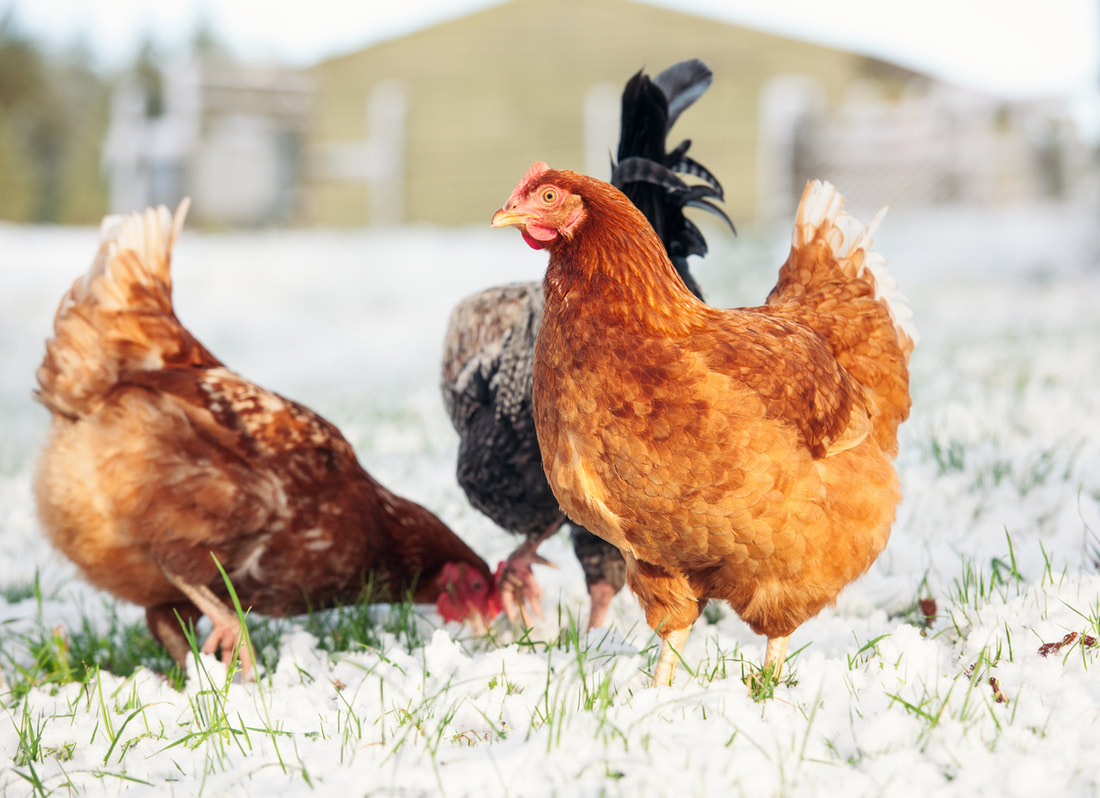
 RSS Feed
RSS Feed


